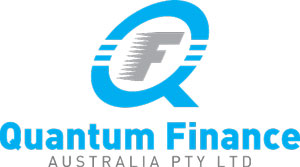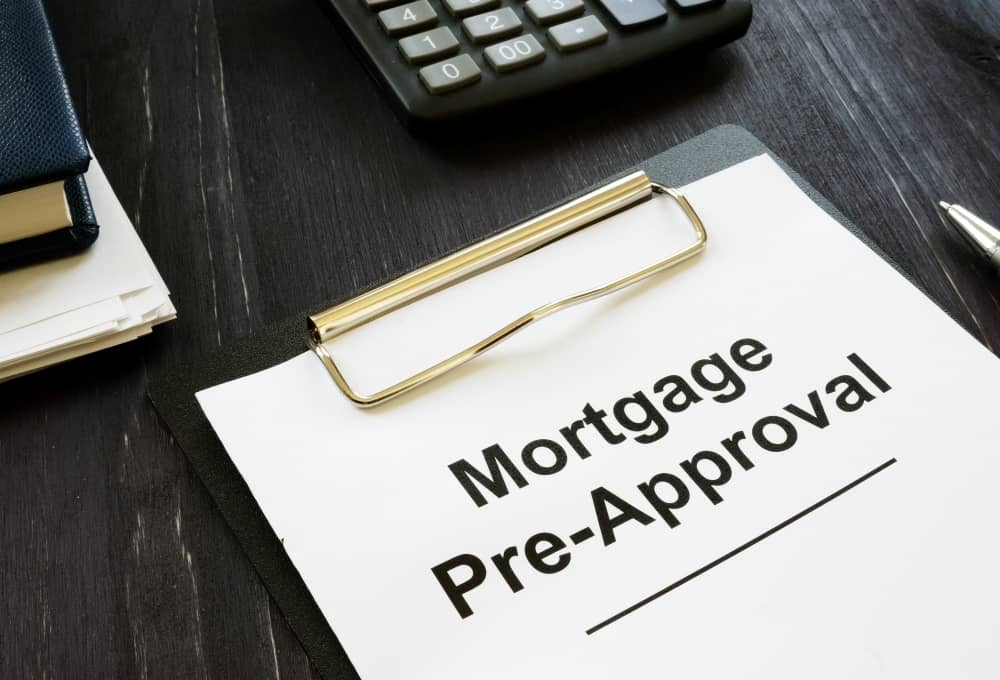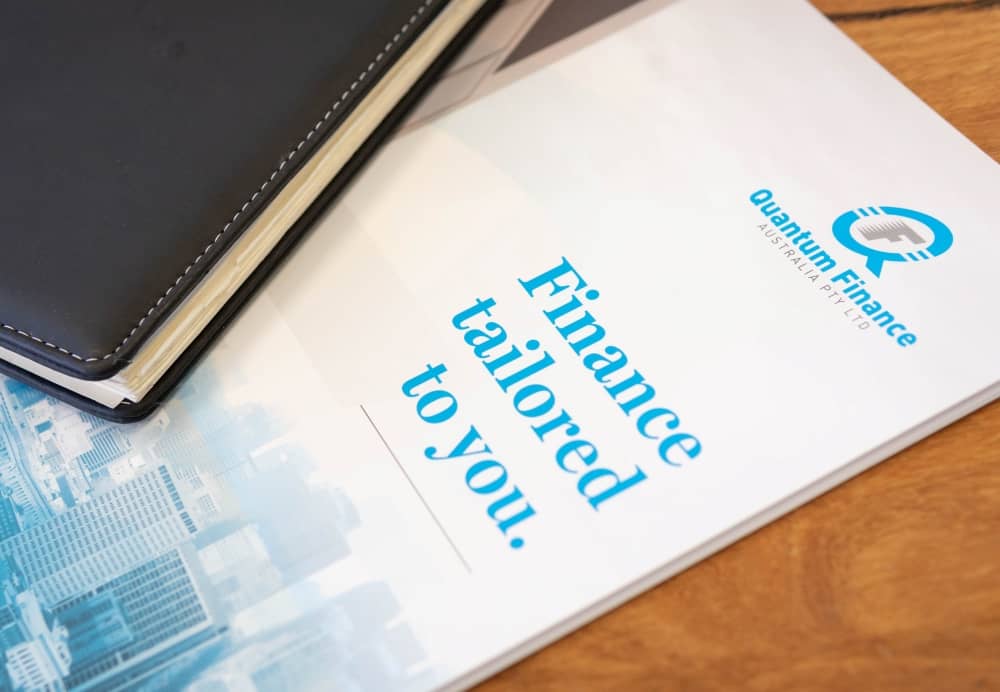
Mortgage 101: How to Get a Mortgage
Updated: 22/08/2023
It is easy to feel a bit overwhelmed when you start thinking about buying a home or investment property and realise the housing market has changed. It seems interest rates are often in the news and every self-proclaimed financial guru has a prediction about what mortgage rates will do next. However, despite all the noise, the process of getting into your dream home doesn’t need to be complicated. Want to learn how to get a mortgage? Read on!
What is a Mortgage?
A mortgage is a type of secured loan between you and a financial institution. The terms may differ slightly, but generally, the property you use the loan to buy is also the collateral for the mortgage. For example, if you purchase a home and years later are unable to make repayments, the financial institution can legally take possession of the house in foreclosure.
Your mortgage will come with terms and a payment schedule you must meet. Technically, the home or property is not entirely yours until you pay off the financial institution that approved your loan.
How Does a Mortgage Work?
In Australia, you will need a down payment of 20 per cent on most loans. While some lenders will accept a 10 per cent down payment, there will be Lender’s Mortgage Insurance (LMI) on top of the other costs. LMI is paid so the lender will have less financial risk with a loan that has such a low down payment. Additionally, a lower down payment may lead to higher interest rates.
How Do I Get a Mortgage?
The process of getting a mortgage begins by finding a lender who will loan you enough money to buy a house. You can work directly with a lender, or a mortgage broker can find a loan for you. Typically, brokers have a broader range of loans available and often can get their clients a good deal.
Pre-qualification is usually the next step. The pre-qualification gives you a ballpark figure for the price range you can target when house hunting. You will need to provide basic financial information like income, debts, and expenses. There is a chance you may need to consent to a credit pull.
As soon as possible, you should get pre-approved for your loan. The process is more involved than pre-qualification. You will need to provide pay stubs, tax records, and bank statements.
Additionally, there will be a greater focus on your credit score. A high score will give you more options and lower interest rates on the loan.
The Down Payment
Ideally, you would have started saving for a down payment when you decided you wanted to buy a house in the future. Your down payment is the amount of money you bring to the transaction. Often 20 per cent is a target figure. If the home you want to buy is $200,000, you would need $40,000 of your own money to put down on the house. The lender you are working with provides the other $160,000.
The higher your down payment, the better because the more you pay upfront, the less you will owe in the long run. Also, your down payment reduces the amount your lender needs to bring to the table.
The Most Common Types of Mortgages
Numerous mortgages available are more specialised, but fixed-rate and variable-rate mortgages are the two seen most often.
1. How Does a Fixed-rate Mortgage Work?
Just as the name states, a fixed-rate mortgage has an interest rate that is locked in at a specific amount for a predetermined amount of time, frequently no more than five years. The main advantage of a fixed rate mortgage is you can budget very effectively because your interest will not fluctuate and cause your repayment amount to change. However, if the interest rates drop, you will be locked in at your rate and will miss some savings opportunities.
2. How Does a Variable Rate Mortgage Work?
Unlike the fixed-rate mortgage, a variable-rate mortgage will go along with the interest rates happening in the nation. When rates are dropping, you can save a significant amount of money on your repayment amount. Unfortunately, the converse is also true. If the interest rates spike, your repayment amount will rise as well. Variable rate mortgages do tend to be flexible about extra repayments, which help lower your overall repayment
3. How Does a Split Rate Mortgage Work?
This is the least common out of the three. Essentially, a split home loan allows you to divide your loan into parts, with a certain amount having a fixed interest rate and the rest having a variable interest rate. For example, after assessing your needs you may decide on a 70:30 split for your home loan of $500,000; 70% being fixed and 30% being variable. This would divide your loan into two parts: a $350,000 fixed rate loan and a $150,000 variable rate loan.
Whether you are a seasoned home buyer or you are buying your first home, you may need professional guidance. That is where the mortgage experts at Quantum Finance can assist. For decades, our experts have helped potential homeowners find the right mortgage. Please reach out to us and allow our experienced team to help you find the home of your dreams.
We’ll Find the Right Mortgage for You
With an emphasis on providing the highest quality service, Quantum Finance is an award-winning mortgage broker Perth trusts during the home buying journey. With over 20 years of experience, we will be sure to find the right home loan for your needs. And, because needs change, we make a commitment to keep in touch if a better option becomes available, giving you piece of mind that your deal is always right for you.
Get in touch today!
**Please Note**
The material provided here is for informational use only. It is not binding financial advice and should not replace a consultation with a financial advisor.


